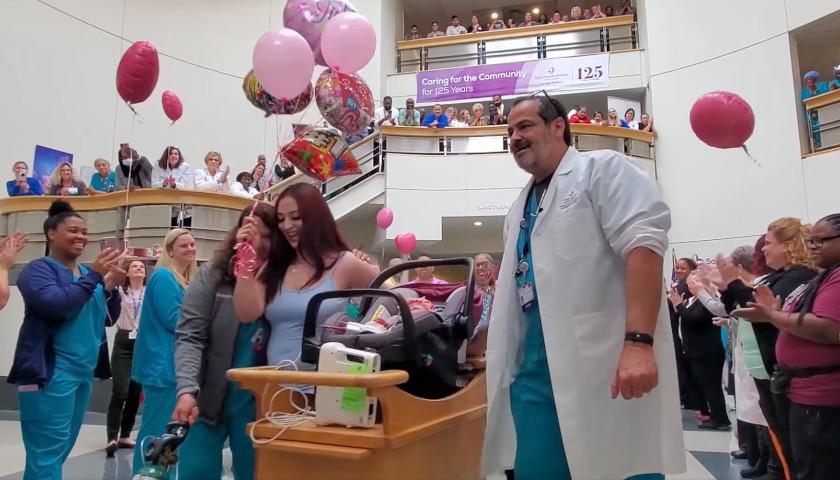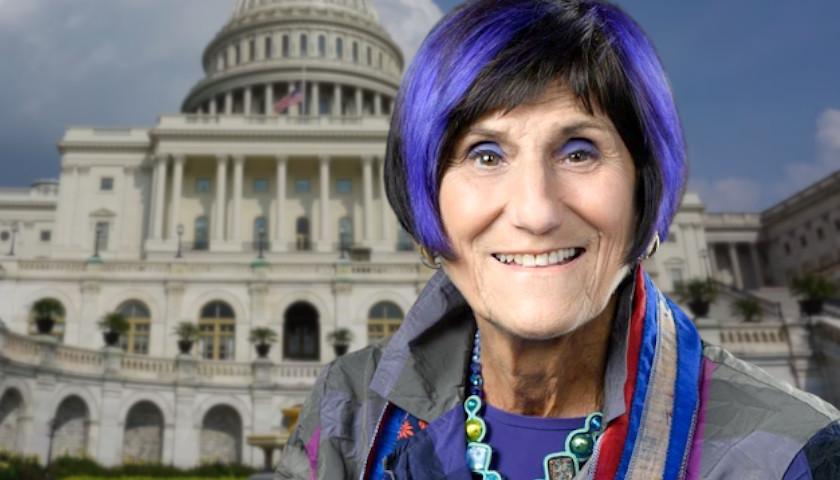by Kimberly James
A recent report reveals that many Connecticut residents living with disabilities are unable to afford basic necessities.
The United Way of Central and Northeastern Connecticut released a study that shows 48% of disabled residents in the state are living in ALICE (Asset Limited, Income Constrained, Employed) or poverty-level conditions and struggle to afford basic housing, child care, health care, and transportation.
“There is a long history of discrimination against people with disabilities throughout all aspects of life,” Deborah Dorfman, executive director of Disability Rights Connecticut, told The Center Square, “which has contributed significantly to many individuals living in poverty including, but not limited to, the lack of adequate and equal educational opportunities, including at the post-secondary level and employment, and the many myths and negative stereotypes of people with disabilities that lead people to incorrectly believe that they are unable to learn and be successful in school or work and be as productive as other employees who do not have disabilities.”
Win Evarts, executive director of The Arc of Connecticut Inc., told The Center Square there is a large unserved and under-served population facing barriers, including language, proximity to supports and transportation, access to services and affordability, and to receiving the support they need to be living their lives safely.
Dorman said many individuals with disabilities are unable to find gainful employment because of the refusal of employers to provide them with needed reasonable accommodations. Some employers view providing such reasonable accommodations as too expensive, disruptive or burdensome, while other employers simply do not understand their obligations to provide reasonable accommodations to applicants or employees with disabilities who need them.
“Also, there are incorrect beliefs that people with disabilities cannot work and therefore are erroneously denied employment,” Dorfman said. “This false belief stems from a variety of myths including inaccurate notions that people with disabilities do not know how to work, are too weak to work, are not as productive, need to be protected and therefore cannot work, are dangerous, etc. All of these negative and wrong stereotypes push people with disabilities down a path of poverty.”
Dorman said there are many things Connecticut should do to ensure that people with disabilities have all the needed resources and support to fully participate in the community.
“People with disabilities should have access to affordable integrated housing,” Dorfman said. “The lack of such housing is an enormous problem which has only been exacerbated by the pandemic. People with disabilities must also be provided with prompt access to the health and mental health care that they need. People with disabilities should be provided with opportunities to work in integrated settings, do meaningful work and be paid fair competitive wages just as people without disabilities are paid.”
Evarts said there needs to be a reexamination of how people with disabilities are supported, with a goal of streamlining processes to be more person-centered rather than provider- or payer-centered.
“We need to do a rigorous examination and discussion of barriers encountered by those that are unserved,” Evarts said. “We also need to develop an array of support that benefits from what we’ve learned about health and happiness outcomes from community-based supports versus institutional supports across the safety net. Finally, after the prior points, we need the courage to experiment and change.”
– – –
Kimberly James is a contributor to The Center Square.








